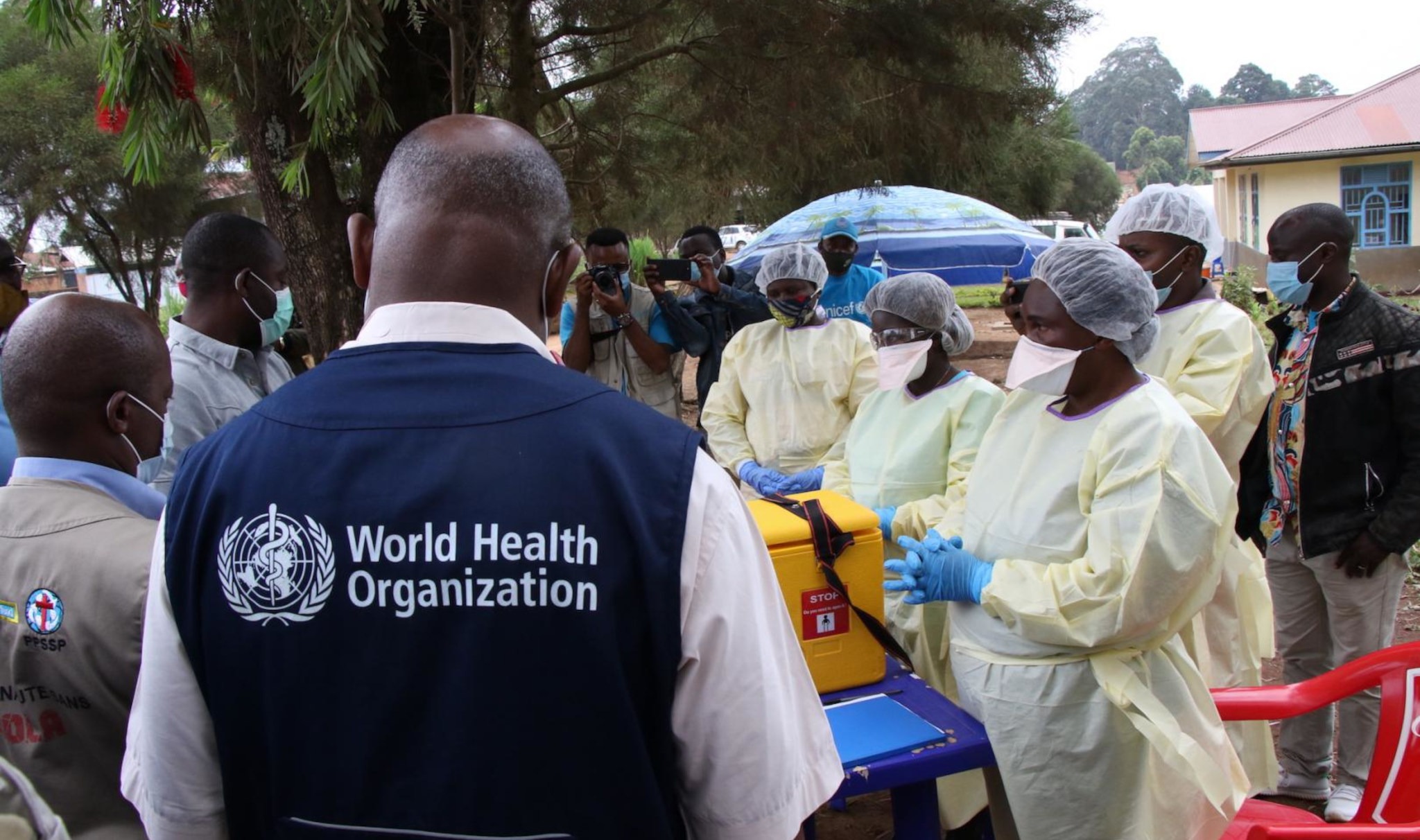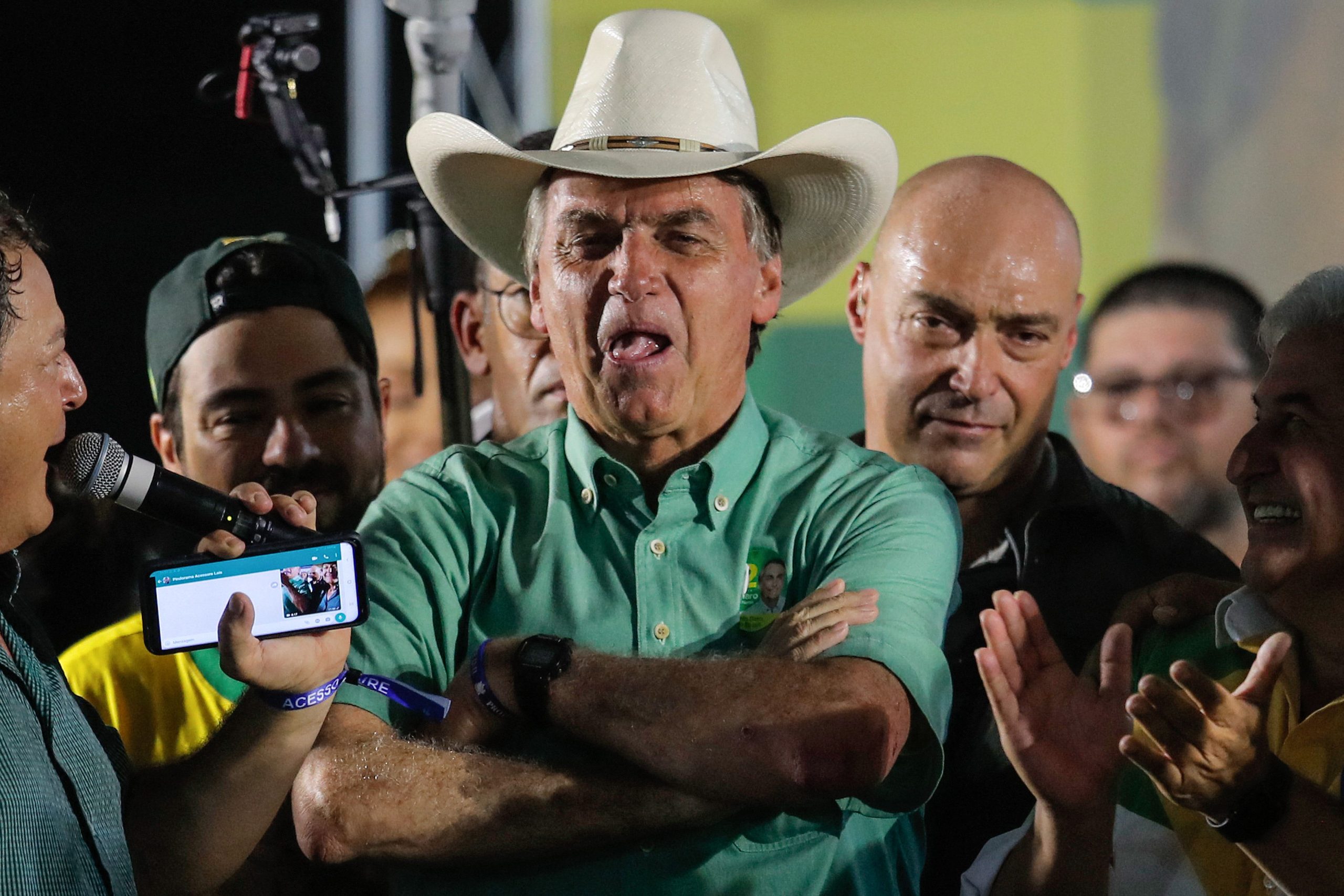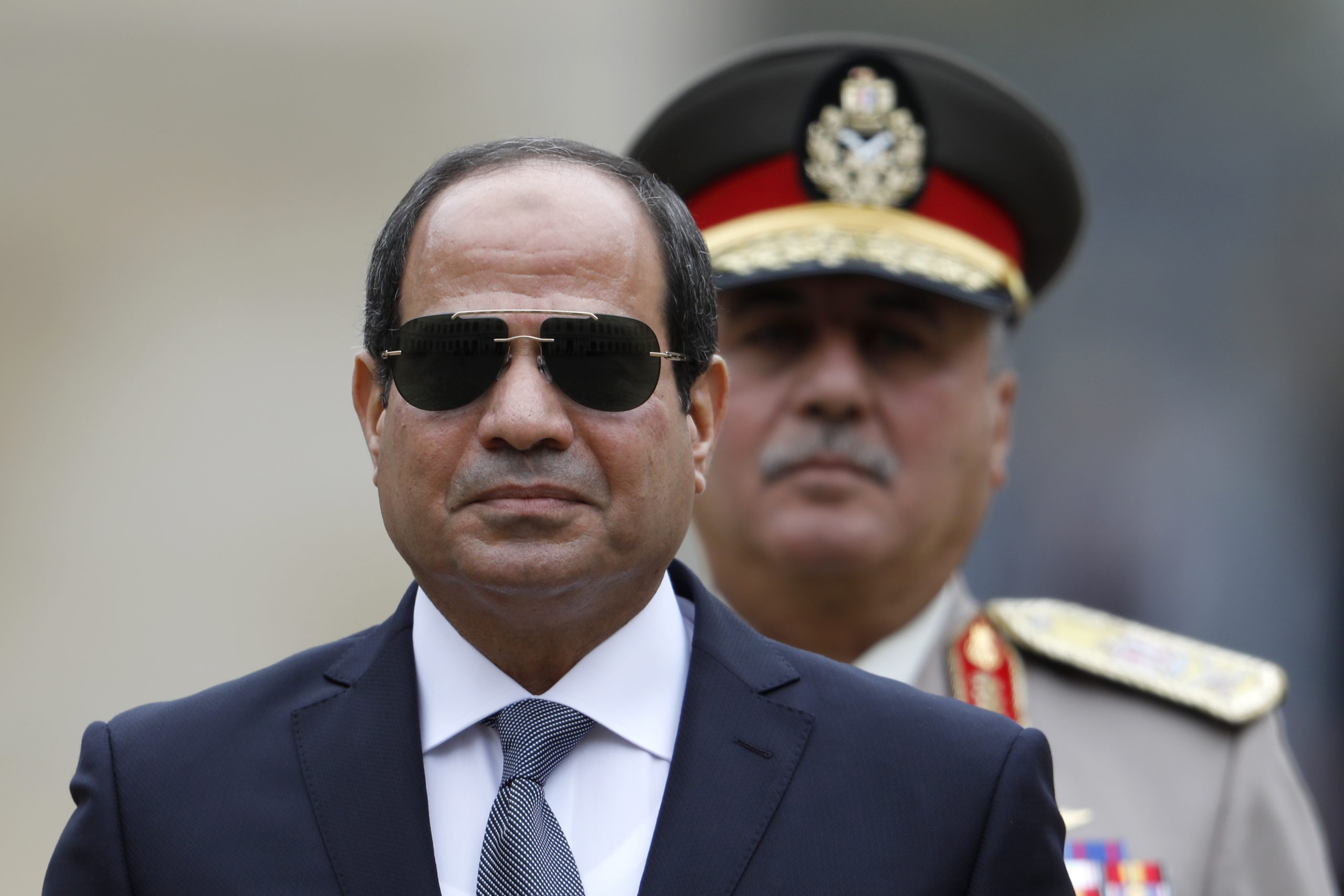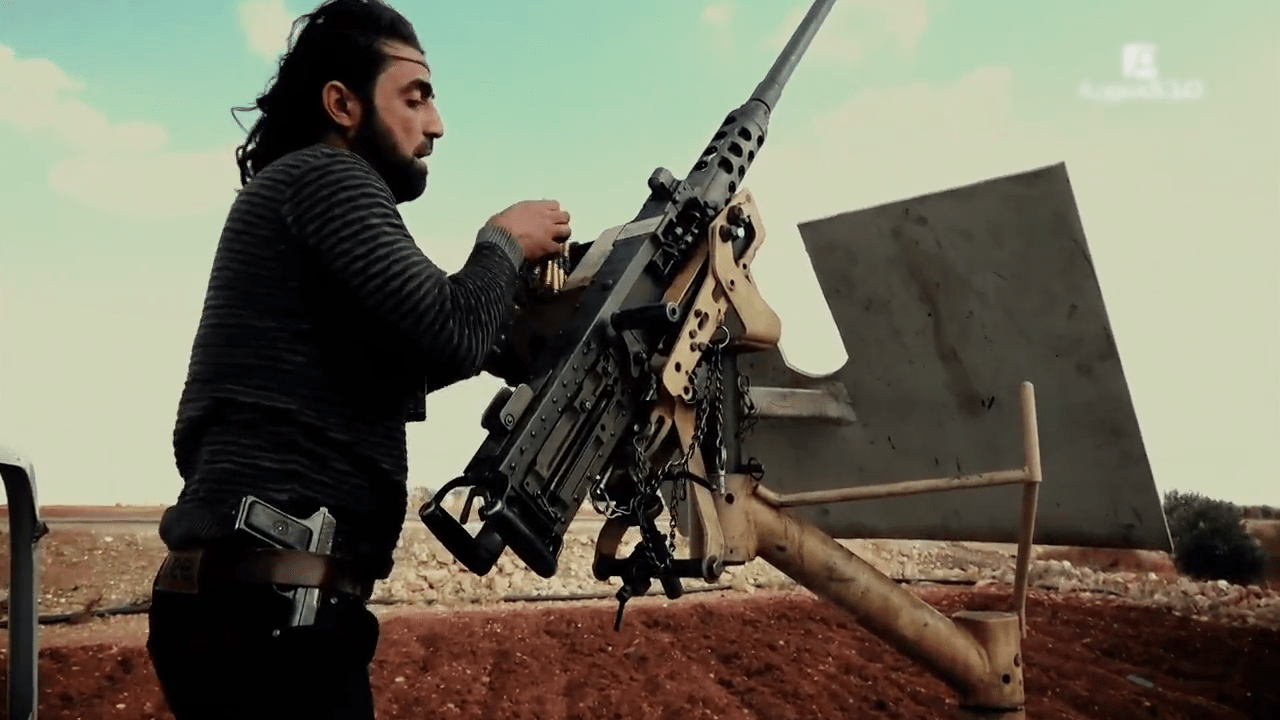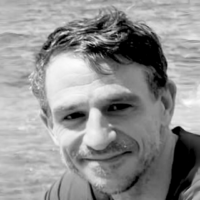It’s been more than six years since the UK government was informed by Oxfam in January 2018 that its staff, paid for by UK aid money, had raped women and girls as young as 12 in Haiti in 2011.
It later transpired Oxfam knew and failed to act. And yet, the government continues to in effect fund sexual abuse and exploitation through its international aid budget, despite its professed “zero-tolerance approach”.
The Foreign, Commonwealth & Development Office’s (FCDO) policy states that safeguarding against sexual exploitation, abuse and harassment must be at the centre of everything it does. It emphasises all partners must take swift and appropriate action when abuse occurs.
However, there’s a stark contradiction between the policy rhetoric of ministers and civil servants and their continued financial support for groups like the World Health Organization (WHO). The latter’s staff have been committing acts of sexual assault as well as seriously mishandling known cases of abuse.
In reality, some international aid organisations funded by the UK prioritise the safeguarding of fundraising and reputations over justice for survivors of abuse. That is just one reason Oxfam didn’t inform the UK government of the sexual abuse happening in Haiti until the story became public in 2018.
This self-preserving prioritisation is at the expense of addressing the persistent, pervasive and increasingly concerning issue of sexual abuse of people from within aid organisations’ own ranks.
Tackling sexual abuse post-Oxfam
Consider the case of the WHO in the Democratic Republic of Congo (DRC), where it has been embroiled in the largest sexual abuse scandal in its 75 year history.
During the ebola outbreak in the DRC between 2018 and 2020 more than a hundred people were subjected to rape, sexual abuse, and exploitation by aid workers including by WHO staff. Survivors also accused other aid agencies including Oxfam, Médecins Sans Frontières, and UNICEF.
Organisations receiving UK funding, of which the WHO is one, are required to inform the FCDO of complaints or investigations related to sexual abuse. Consequently, the UK government should have been made aware of these allegations in 2018.
From as early as February 2018, Penny Mordaunt, the international development secretary at the time, was publicly condemning such misconduct, stating “sexual exploitation of vulnerable people is never acceptable”, following the news stories about Oxfam.
The UK government was actively communicating the importance of addressing sexual abuse to organisations it funded, integrating new guidelines into agreements and amending business cases to seemingly prioritise this issue.
Did the WHO fail to notice the shock waves the Oxfam case sent through the aid sector? Why didn’t the WHO inform the UK government of these egregious violations when it was being repeatedly reminded of the imperative to report such incidents as they occurred in real-time?
If they did fail to inform, why and what has FCDO done as a result of this breach of its own policy?
Freedom of information?
I submitted numerous requests under the Freedom of Information Act, but the FCDO refused to answer basic questions concerning its level of knowledge of this issue.
Topics deemed too time consuming or costly to gather information on related to specific named perpetrators of sexual abuse and the FCDO’s awareness of that. But this is not a broad topic area and is an abuse of UK legislation.
The one request answered related to Peter Ben Embarek, and the FCDO confirmed it had no information relating to this individual. Embarek was only just fired by the WHO in 2022 for incidents that occurred in 2015 and 2017, with the agency first made aware of them in 2018.
“the FCDO refused to answer basic questions concerning its level of knowledge of this issue”
Information requests related to how the known sexual abuse at the WHO had affected FCDO’s funding decisions were classed as vexatious. But it’s in the public interest to understand how, if at all, the FCDO made funding decisions with UK taxpayer’s money, based on known cases of sexual abuse at the WHO, especially given its supposed zero tolerance policy.
When asked for comment, the FCDO said: “The UK has zero tolerance for Sexual Exploitation, Abuse and Harassment (SEAH) and has supported calls for an immediate, thorough and detailed review of the WHO’s management and leadership culture following these allegations in the Democratic Republic of Congo.”
It added: “We have been a long-standing advocate for WHO reform on prevention and response to SEAH. We have consistently raised this at WHO’s governing body meetings and through regular engagement and continue to monitor progress carefully, with provisions in place that make our funding conditional on improvements.”
Rewarding failure
The timeline of events surrounding the WHO’s ebola sexual abuse scandal reveals a troubling pattern.
On 26 September 2020, then prime minister Boris Johnson announced £340m in funding for the WHO over four years, a 30% increase over the previous four-year period, making the UK the most generous nation state contributor by more than $100m.
Two days later a BBC headline read: “WHO horrified over sexual exploitation by aid workers in DR Congo”, with WHO staff among 83 known aid workers who sexually abused women and girls during the ebola outbreak. This included nine allegations of rape committed between 2018 and 2020.
“The Foreign office should have taken swift action to ensure accountability from an organisation it funded”
On 29 September 2020 the New Humanitarian and Thomson Reuters Foundation published an article revealing interviews with 51 victims of sexual abuse and exploitation during the WHO-led ebola response. Many women were offered jobs with the ebola operation in exchange for sex.
The following day, Al Jazeera reported the WHO was promising to investigate allegations of sexual abuse by health and aid officials in the DRC. By 15 October, the WHO announced the creation of an “Independent Commission on sexual misconduct” in the country.
Even if the WHO had failed to report, the FCDO was now clearly aware of this crisis. According to its own policies, it should have taken swift action to ensure accountability from one of the organisations it funded.
More money
However, the response from FCDO remains at odds with its public pronouncements on sexual abuse and exploitation. Unlike Oxfam, which set the tone for UK government policy, funding wasn’t withdrawn completely from the WHO, it continued to increase.
This funding is entirely voluntary, not mandatory. Mandatory UK contributions to the WHO’s $7.2bn budget are managed as part of the UK’s membership fee of the UN system. British funding is otherwise a ministerial choice, and ministers have chosen to ignore their own policy that this government implemented – a case of hypocrisy in action.
Despite clear evidence of failing to handle cases of sexual abuse and exploitation, the FCDO continued to increase its WHO funding announced by Johnson in 2020 from £50m per year in 2020-21 up to £114m in 2023-24.
Hypocrisy of zero-tolerance
Zero-tolerance is defined as having a policy of giving the most severe punishment possible. But according to Christian Saunders, the UN’s special coordinator on improving its response to sexual exploitation, many people in UN agencies have “retired” the phrase zero-tolerance.
It’s therefore surprising that the FCDO continued to increase funding to the WHO while it faced widespread international criticism for the mishandling of sexual abuse and exploitation by its staff.
This criticism has notably come from the UN’s own special rapporteur on violence against women, Reem Alsalem and the US Department of Health. In a letter written to the Head of the WHO, the UN special rapporteur relays concerns that its response may have prevented a fair and thorough investigation of crimes of sexual harassment, exploitation, and abuse.
The letter goes further, fearing the weakening of accountability at the WHO, allowing perpetrators of crimes to go unpunished.
In February 2023, the Associated Press revealed a confidential UN report by its Office of Internal Oversight Services (OIOS) exposing a “loophole” in the WHO’s victim definition, which tried to shield senior staff from policy violations in mishandling sexual misconduct cases in the DRC.
Larry Gostin, director of the WHO Collaborating Centre on Public Health Law and Human Rights at Georgetown University said: “That OIOS excused this behaviour based on this legal technicality shows the UN and WHO are not taking sexual abuse seriously”.
Questions need to be asked of the FCDO, which had access to the WHO policy and should have verified it as part of its basic due diligence process.
Why would the FCDO continue to provide and increase funding to an organisation that didn’t have an appropriate sexual abuse and exploitation policy in place, while it was mishandling the largest sexual abuse and exploitation scandal in its history?
Marcia Poole, a spokesperson for the WHO, told us: “OIOS concluded that managerial misconduct could not be established; at the same time, it noted some gaps in WHO’s policy as existed at the time of the allegations, and the need for clarity on the interpretation of the terminology ‘beneficiary’ and ‘beneficiary population’”.
She added: “The need for clarity had already been flagged by the WHO Legal Counsel and the Director of the Compliance, Risk and Ethics Department, and WHO had already acted to clarify the terminology in November 2021, that is, before it received the OIOS report”.
Ongoing abuse?
How can the public have confidence that an organisation such as the WHO isn’t continuing to perpetrate sexual abuse? Given it reinstated senior leaders in May 2023 involved in the sexual abuse cases in DRC, not much.
The WHO told us: “Immediately upon receiving the Independent Commission’s report, staff named in the report for alleged managerial misconduct were placed on administrative leave. The OIOS found that managerial misconduct had not been established. Due process requires that staff members return to active service once an investigation is concluded and no misconduct is established, so the staff who were on administrative leave returned to work”.
In January 2023, the WHO was continuing to be criticised for lack of impetus in tackling its sexual abuse problem. In April, WHO’s director of prevention and response to sexual exploitation, abuse and harassment stated: “Today, with our new focus and policies, it is safer, but I’d be lying if I told you that it was safe for all people.”
In July, the WHO was still being urged to pay reparations to survivors of sexual assault and abuse in the DRC, years after the incidents occurred.
The WHO told us: “While the UN system does not pay reparations to victims of [sexual abuse and exploitation], WHO has delivered and is committed to continue offering extended support to all the survivors of the sexual exploitation and abuse that occurred during the response to the 10th Ebola outbreak in the DRC, including those where the alleged perpetrators may have been affiliated with other UN agencies and partners and which may ultimately make up the majority of cases identified by the Indepedent Commission”.
“There’s an understanding that is developing of a culture of institutional sexual abuse and harassment at the WHO”
It added: “WHO signed an agreement with UNFPA, the UN’s lead agency on gender-based violence, which provided comprehensive services on behalf of WHO to all victims and survivors of the cases in the DRC. 104 survivors accessed the services.”
The DRC case isn’t an isolated incident either. There’s an understanding that is developing of a culture of institutional sexual abuse and harassment at the WHO. This includes those that enable perpetrators by looking the other way, covering up their crimes for “the greater good” of the organisation, or for simply selfish career progression.
In 2022, a doctor was sexually assaulted at a WHO conference in Berlin. Following investigation, the perpetrator in that case, Temo Waqanivalu, was a known sexual predator operating in the WHO for years, seemingly with the knowledge of the director general.
Late last year, a sexual predator working for the WHO’s executive director, Mike Ryan, was only just fired after years of investigation relating to cases going back decades. Some former and current staff describe the WHO as “a misogynistic pissing circle”.
The WHO told us it rejects the allegation of having a culture of institutionalised sexual abuse. It said: “Sexual misconduct of any kind by anyone working for or with WHO – be it as staff, consultant, partner – is unacceptable. Since October last year [2022] we dismissed eight personnel for sexual misconduct and entered their names on the UN screening database to prevent re-hiring by other UN agencies”.
It added: “The WHO Accountability Framework clarifies the responsibilities of the Director-General, Regional Directors, directors, executive management, and all heads of country offices in situations of alleged sexual misconduct”.
‘Special relationship’
In 2023, UK ministers Andrew Mitchell, James Cleverly, Stephen Barclay and Jeremy Hunt continued to meet with the director general of the WHO. Its executive board minutes from 5 May 2023 confirm there would continue to be a “special relationship” with accountability mechanisms in the organisation overseen by the director general.
This situation had already been criticised, as it’s not transparent, susceptible to conflicts of interest, and leaves authority in the hands of one individual.
When Ghebreyesus won re-election in May 2022, it was met with wide and loud applause at the World Health Assembly in Geneva. This must have appeared a sick joke to survivors still awaiting justice for sexual abuse perpetrated by his staff in the DRC.
Ghebreyesus is paid $260,000 per year while some, not all, survivors of rape in the DRC eventually received $250.
As it was a secret ballot, it’s not certain how the UK government voted on Ghebreyesus’ appointment, but given its funding record, it’s likely to have voted in favour.
The WHO told us: “The harrowing accounts of victims and survivors of sexual exploitation and abuse during the response to the 10th Ebola outbreak in the Democratic Republic of the Congo have been the catalyst for a profound transformation of WHO’s culture that is well underway”.
It added: “While much remains to be done, over the past two years we have been making steady, and significant, progress. Our commitment to reform and the actions we’ve taken so far have been acknowledged by Member States, including the UK which has been a steady supporter in our journey of systemic change”.
Toxic culture
The international aid sector has a long history of sexual abuse and exploitation, with former UN secretary general Kofi Annan raising this up the UN agenda from as early as 2003.
The cases range from decades of known child sexual abusers operating in SOS Children’s villages, the head of Save the Children UK sexually harrassing women in London, and the UNICEF worker raping at least 13 women in Iraq over five years while working for the organisation. The latter is now serving a 15 year jail sentence as the FBI intervened, given UNICEF refused to act.
International donors, including the FCDO, but also corporations and foundations which provide funding with little to no oversight, must be held to account for the abuse they fund.
Survivors are left abused and abandoned by the very humanitarian organisations sent to help them, while public donations and money from global tax returns continue to fund known sexual predators within the aid sector.
The measures put in place by the UK government in 2018 and since are simply a tick-box exercise, designed to give a veneer of tackling a problem, when there is little to no interest in doing so in reality.
By propping up institutional leadership that mishandles sexual abuse on such a huge scale, the FCDO will eventually be caught on the wrong side of history.
With an international aid system increasingly interested in concealing rather than tackling these crimes, it’s in everyone’s interest to start asking more questions of these self-proclaimed humanitarian organisations. This, coupled with the other atrocities funded by UK, France and US among others in DRC, it’s little wonder people were recently protesting outside embassies in the capital, Kinshasa.
In the circumstances, people would be right to draw comparisons with the institutional sexual abuse in the Catholic Church. Sexual abuse in aid is an open secret.

